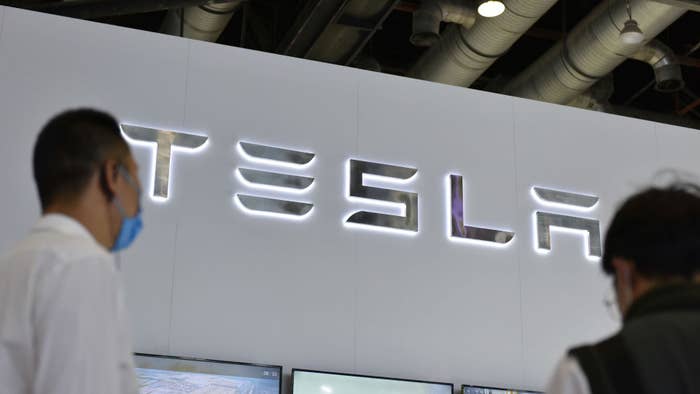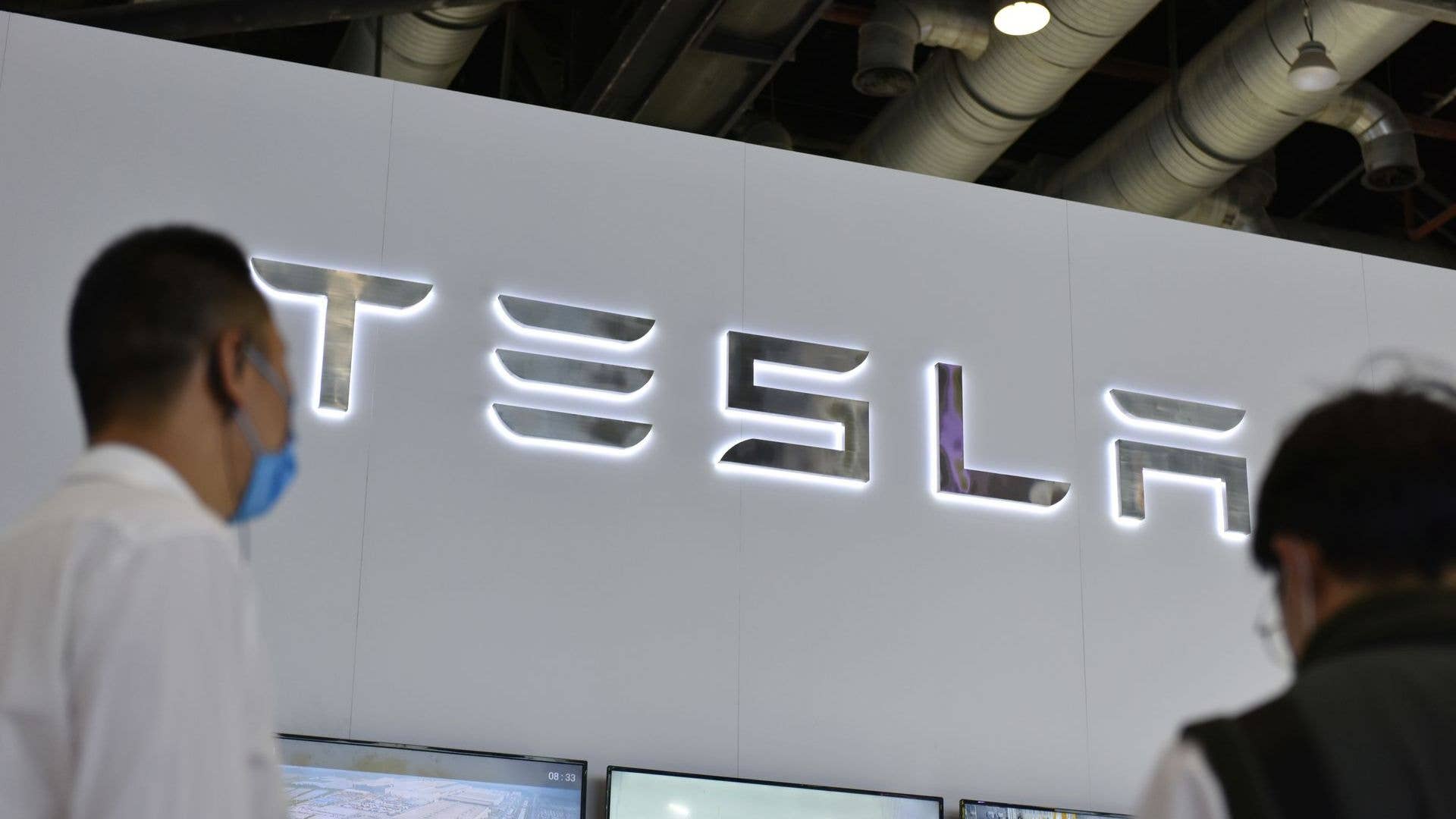
Tesla has to pay a former employee $137 million after his attorneys say he endured racism when working at the company.
A San Francisco federal court came to the decision after Owen Diaz, a one-time contract worker who last worked at Tesla in 2016, came forward with accusations that those he worked with left racist graffiti in the bathroom, put a racist drawing in his workspace and told him to “go back to Africa.”
Diaz did not sign one of Tesla’s mandatory arbitration agreements, which attorneys J. Bernard Alexander and Larry Organ say is why the case was able to move forward. The agreement requires employees to solve such issues in-house and not at a trial.
“We were able to put the jury in the shoes of our client,” Alexander told CNBC. “When Tesla came to court and tried to say they were zero tolerance and they were fulfilling their duty? The jury was just offended by that because it was actually zero responsibility.”
Diaz, who was awarded $6.9 million for emotional distress and $130 million in punitive damages, isn’t the first to accuse Tesla of a hostile work environment. The corporation was previously required to pay another worker, Melvin Berry, $1 million for similar racism accusations. A lawsuit in Alameda County in California also argued there’s widespread racism within the company.
Tesla issued a blog post Monday, with a message from VP of People Valerie Capers Workman, who argued that three witnesses heard the “n-word” on a factory floor but said it was used in a “‘friendly’ manner and usually by African American colleagues.”
Nia Impact Capital, a shareholder activist, has been urging Tesla to study what the mandatory arbitration provisions mean for the company’s employees, arguing that it can “keep underlying facts, misconduct or case outcomes secret and thereby prevent employees from learning about and acting on shared concerns.”

